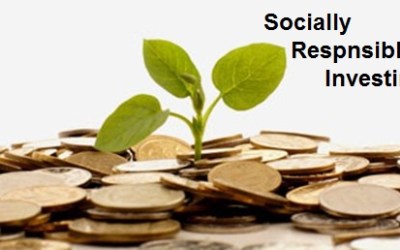 What is ESG or Socially Responsible Investing?
What is ESG or Socially Responsible Investing?
Socially responsible investing (SRI) and Environmental, Social Governance (ESG) is an investment methodology that takes into account the environment, social concerns and the impact that investment may have in the community. It takes into account both the financial return and the social return of the investment.
Socially responsible investors require corporate practices that promote environmental stewardship, social justice, human rights and any other other criteria that particular investor wants to support. Most avoid investments in alcohol, tobacco, gambling, pornography, weapons and other industries that contradict their values. The areas of concern recognized by the SRI industry are sometimes summarized as ESG issues: environment, social justice, and corporate governance.
Financial markets have gotten creative over the past decade. In order to secure a more profitable future for countries and companies abroad, several different investment methods have developed to ensure that success is always flowing. Options, futures and currency investments are just some of the different routes you can take to get into complex financial strategies. However, while most investments stay consistent with the stereotypical financial lingo of profit ratios and earnings per share, a completely separate method goes against the wind of tradition, and looks to a more modern, long-term approach to finding the best companies in a market.
Using three different criteria, environmental, governance, and social (ESG), investors can now, for the first time, so the intangible value of a company and its future growth that is disconnected from the financial world. For example, a company could have excellent health financially, but if it doesn’t have its hands in the future of environmental regulations and improvement, doesn’t streamline with corporate policies and procedures, and fails to seek out a more prosperous future for its citizens, is it truly a “healthy company”?
Chris Tinney, a former Investment Adviser, says no. Despite the signs of strength from a financial standpoint, these are simply hints of a short-term advantage over other companies. However, regardless of the financial health, if companies rate high against ESG criteria, they have been shown to do much better as a sustainable company over time, according to Investment News, which showed the market out performed in 89% and an accounting-based out performed in 85% of the ESG companies in their study.




